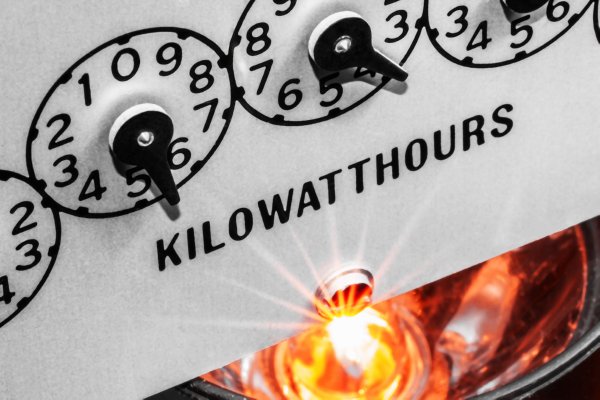Smart meter fears add woes to Government energy saving strategies
Written by Mark Sait
Posted on March 10, 2015
The national smart meter programme, a flagship project in the Government’s energy efficiency plans, might be heading for failure.

Smart meters for every home and business had been set for installation over the next five years, giving UK consumers detailed feedback on consumption of electricity and gas.
But the Energy and Climate Change Committee has just reported that delays to the roll-out and concerns over how it will be funded together cast doubt on the eventual success of the campaign.
This news comes at the same time that the Government is trying to re-ignite the energy savings strategies that it has been pursuing since 2013, including a new tranche of £70 million cash for the Green Deal Improvement Fund.
The set-backs on the smart meter programme have also been made public in a context of growing understanding that cutting energy consumption in homes, businesses and organisations is the most effective way of engaging consumers and companies.
As The Guardian advised in launching its climate change series on Saturday, the issue of reducing carbon emissions does not figure very highly on the list of concerns that people in the UK are reflecting on in the run up to the General Election in May.
Bill-cutting benefits
That narrow short-term viewpoint will more than likely give way to a more far-sighted perspective around and after the Climate Summit in Paris later this year. In the meantime, it makes perfect sense to emphasise the bill-cutting benefits of energy-efficiency installations, while also underlining how these solutions benefit the climate by cutting carbon emissions.
However, the smart meter programme is an expensive Big Idea that worries a lot of our political guardians, particularly the Public Account Committee (PAC) as well the Energy and Climate Change committee. PAC has raised serious concerns about the £10.9 billion costs for the programme, and has fears that energy usage will be reduced by only 2 per cent
Equally troubling is the view that the reduction will be achieved by people altering their consumption patterns that may not be sustainable in the longer term. And currently, costs of implementation will fall on the consumer.
The complexity of the project that also seeks to embed smart grids and more efficient consumer control over choice of supply and switching is one reason why delays are now expected. Against that, the promise is of savings totalling more than £17 billion, in part from energy savings along with other network efficiencies.
The Energy and Climate Change committee also points to the still unresolved issue of multiple occupancy and tall buildings together with the range of smart meter models causing compatibility problems.
The committee’s report concludes:
“The Government is at a crossroads on its smart meters policy. It can continue with its current approach and risk embarrassment through public disengagement on a flagship energy policy, or it can grip the reins, and steer the energy industry along a more successful path which brings huge benefits for the country.”
We strongly support the MPs’ strident call for more effective action from the Government, on smart meters as well as a host of other fizzling and slightly incoherent energy efficiency programmes and strategies
Green Deal boost
The Green Deal is another case in point. Its first year was marked by very poor engagement with consumers and little progress in implementation. Worse, there has been no help for businesses. The new incentives, which first added more activity and cash in the autumn should be enthusiastically received. The new £70 million pot of cash should certainly be snapped up in record time when released on March 16th.
The focus is solely on insulation and heating again, which is always a disappointment, given that the return on investment is not quick and certainly not as fast as other, less expensive but easily more effective energy saving solutions – from LED lighting, with electricity savings of up to 85% to water efficient products like eco showers and eco taps, saving both water and energy through reduced heating and pumping needs. Payback times can be measured in months.
Above all, unlike smart meters, the consumer does not have to change behaviour for these solutions to be fully effective. While we support the education and re-modelling around energy consumption, it is always easier to achieve sustainable results when people are least challenged to make changes to the way they live.